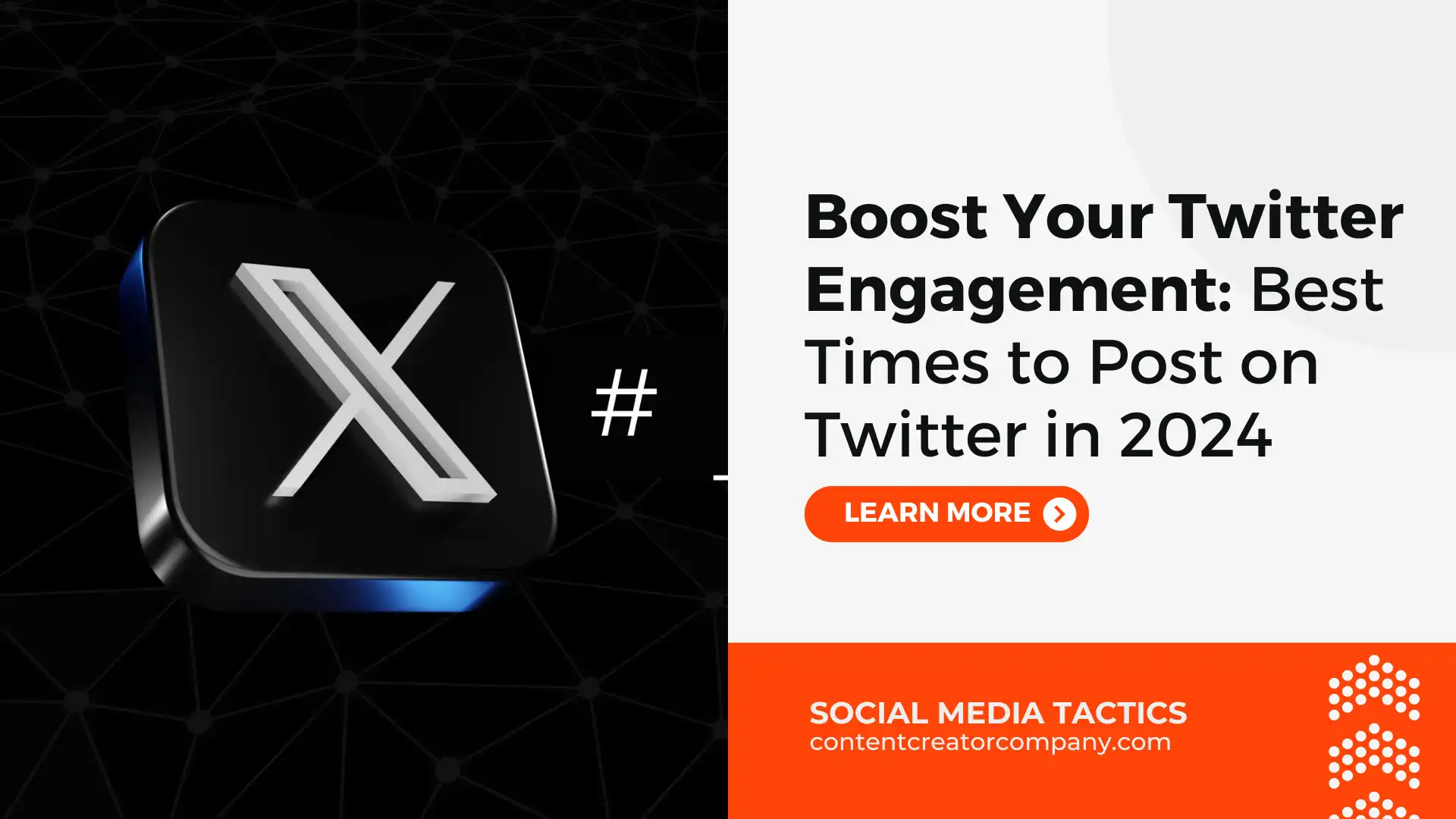
In today’s digital age, social media has become an indispensable tool for businesses to connect with their audience, build brand awareness, and drive sales. For beginners in the realm of marketing, understanding the fundamentals of social media marketing is crucial. This article aims to provide essential social media marketing tips for beginners and strategies to help navigate the dynamic landscape of social media marketing effectively.
Social media platforms offer unparalleled opportunities for businesses of all sizes to reach and engage with their target audience. For beginners entering the world of marketing, leveraging social media effectively can level the playing field and provide a cost-effective way to establish a brand presence.
Unlike traditional marketing channels, social media platforms allow for direct interaction with consumers, enabling businesses to gather valuable insights, build relationships, and drive meaningful conversations. Moreover, with billions of active users across various platforms, the potential reach of social media marketing is virtually limitless.
However, mastering the art of social media marketing requires more than just creating accounts on popular platforms. It demands a nuanced understanding of each platform’s dynamics, content strategies, audience preferences, and performance metrics.
By delving into these essential aspects, beginners can lay a solid foundation for their social media marketing endeavors and set themselves up for long-term success.
1. Understanding Social Media
Social media refers to online platforms and websites where users can create, share, and interact with content. Its role in marketing is monumental, serving as a powerful tool for businesses to connect with their target audience, increase brand visibility, and drive engagement. Unlike traditional marketing channels, social media offers a two-way communication channel, allowing brands to engage directly with consumers, gather feedback, and build relationships.
There is a multitude of social media platforms, each with its own unique features and audience demographics. Some of the most popular platforms include Facebook, Instagram, Twitter, LinkedIn, YouTube, and TikTok. Understanding the characteristics and user behavior of each platform is essential for crafting effective marketing strategies.
Knowing your target audience is paramount in social media marketing. It involves understanding their demographics, interests, behaviors, and preferences. By gaining insights into your audience, you can tailor your content, messaging, and advertising strategies to resonate with them effectively. Conducting thorough audience research allows marketers to create content that is relevant, engaging, and valuable to their target demographic.
2. Crafting a Social Media Marketing Plan
Before diving into social media marketing, it’s crucial to establish clear and measurable objectives. Whether it’s increasing brand awareness, driving website traffic, or generating leads, defining your goals will guide your overall strategy and help you track your progress effectively.
A successful social media marketing plan aligns with the brand’s identity and values. Define what your brand stands for, its unique selling propositions, and the message you want to convey to your audience. Consistency in branding across all social media channels helps to strengthen brand recognition and foster trust with your audience.
Determine the budget and resources allocated to your social media marketing efforts. Consider factors such as advertising costs, content creation expenses, and personnel. Allocating resources effectively ensures that you have the necessary tools and manpower to execute your marketing plan efficiently.
3. Choosing the Right Platforms
Each social media platform caters to a specific audience demographic. Research and analyze the demographics, interests, and behaviors of users on different platforms to determine which ones align best with your target audience.
Evaluate the compatibility of your brand with each social media platform. Consider factors such as brand aesthetics, messaging style, and content format. Choose platforms that resonate with your brand identity and allow you to showcase your products or services effectively.
Instead of spreading your resources thinly across multiple platforms, focus on the ones most relevant to your target audience. Invest time and effort into building a strong presence on platforms where your audience is most active and engaged.
4. Creating Compelling Content
Deliver content that provides value to your audience and addresses their needs, interests, and pain points. Whether it’s informative articles, entertaining videos, or engaging visuals, focus on creating content that resonates with your audience and encourages interaction.
Experiment with different types of content to keep your audience engaged. This includes blog posts, infographics, videos, polls, quizzes, and user-generated content. Tailor your content strategy to suit the preferences of your audience and the dynamics of each social media platform.
Find the optimal posting frequency and timing to maximize engagement with your audience. Test different posting schedules and analyze the performance metrics to identify the times when your audience is most active online. Consistency in posting helps to maintain visibility and relevance on social media platforms.
5. Optimizing Profile and Bio
Choose a profile picture that reflects your brand identity and professionalism. Whether it’s a logo, headshot, or product image, ensure that it’s clear, high-quality, and visually appealing.
Craft a compelling bio that concisely communicates your brand’s value proposition and personality. Use keywords relevant to your industry and include relevant hashtags or handles to increase discoverability.
Provide links to your website, blog, or other important resources in your social media bio. This makes it easy for users to navigate to your website and access additional information about your brand, products, or services.
6. Engaging with the Audience
Engage with your audience by responding to comments, messages, and inquiries in a timely manner. Show appreciation for positive feedback and address any concerns or questions promptly and professionally.
Encourage interaction and participation from your audience by hosting Q&A sessions, polls, or contests. This not only fosters engagement but also provides valuable insights into your audience’s preferences and interests.
Focus on building long-term relationships with your audience by consistently delivering value and engaging with them authentically. Show genuine interest in their feedback, opinions, and experiences to foster trust and loyalty.
7. Monitoring and Analyzing Performance
Make use of social media analytics tools to track the performance of your marketing efforts. Monitor key metrics such as reach, engagement, click-through rates, and conversions to evaluate the effectiveness of your strategies.
Identify trends and patterns in your audience’s behavior and preferences by analyzing social media data. This enables you to adapt your content, messaging, and strategies to better resonate with your audience and stay ahead of the curve.
Use insights from social media analytics to refine and optimize your marketing strategies. Adjust your content, posting schedule, targeting criteria, and advertising tactics based on the performance data to improve results over time.
8. Measuring Success
Assess the extent to which you have achieved your initial social media marketing objectives. Compare the actual outcomes with the predefined goals to gauge the effectiveness of your strategies and tactics.
Identify areas where your social media marketing efforts can be improved or optimized. This may involve refining your targeting, adjusting your messaging, or experimenting with new content formats or platforms.
Celebrate your successes and milestones in social media marketing, whether it’s reaching a significant follower milestone, achieving a high engagement rate, or exceeding your sales targets. Use these achievements as motivation to set new goals and plan your next steps for continued growth and success.
Mastering the basics of social media marketing is essential for beginners to effectively leverage the power of social media platforms for business growth and success. By understanding the dynamics of social media, crafting a comprehensive marketing plan, choosing the right platforms, creating compelling content, engaging with the audience, monitoring performance, and measuring success, beginners can establish a strong foundation for their social media marketing endeavors and drive meaningful results.





